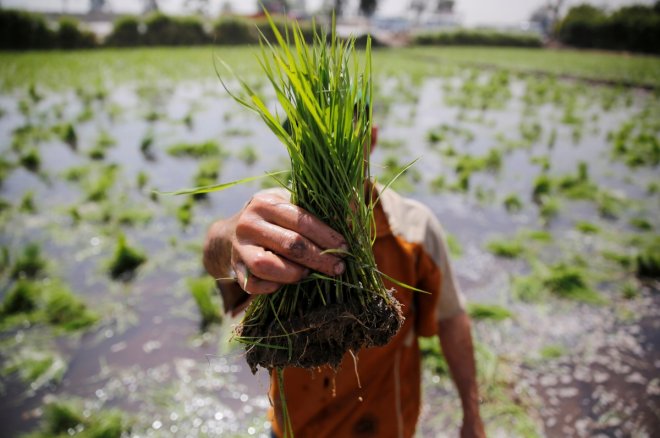
After facing the brunt of El Nino, the warm sea current responsible for bringing dry spell in the equatorial Pacific region, farming situation in Indonesia seems to have eased off.
The Southeast Asian nation has survived the unfavourable condition for the last one year and finally is able to produce enough rice, which is the country's staple, for the domestic market.
President Joko "Jokowi" Widodo said on Wednesday, while addressing people at the Army Strategic Reserves Command (Kostrad) headquarters in Cilodong, that the country's national rice stock has improved drastically. He said that this year Indonesia produced 1.98 million tonnes (till October) which is several notches higher than last year's production, which was at 1.03 million tonnes.
This quantity of production also releases the country from the burden of import. Earlier Indonesia used to import tonnes of rice by year-end.
"I can assure you that there will be no [rice] imports until the end of the year," said Jokowi attributing the achievement to favourable weather conditions, according to The Jakarta Post.
The news website also reported the government imported 425,000 tonnes of rice from Thailand and Vietnam through the State Logistics Agency (Bulog) in 2014.
History of rice production
Indonesia is the world's third-largest rice producer, where approximately 77 percent of farmers cultivate the grain. Moreover, the government has come up with several schemes, like Rice transmigration scheme, to secure production. However, ice production in the country is often hard hit by El Nino and sometimes soil erosion in higher slopes.
Other than a prolonged dry spell over the equatorial Pacific region, El Nino is also responsible for the reversal of wind pattern in the region, drought in Australia and unseasonal heavy rain in South America.
In 2014, when Jokowi was elected to power, he promised the public rice self-sufficiency by 2017.









